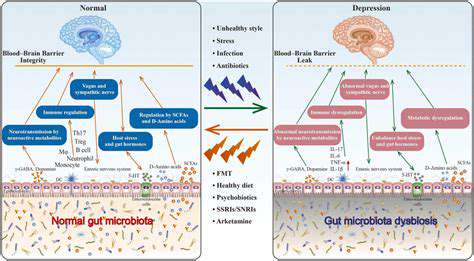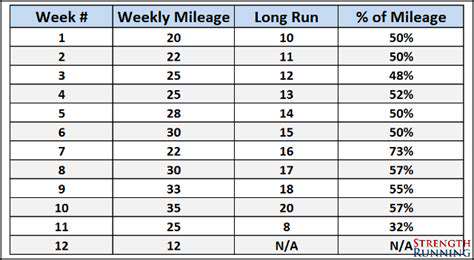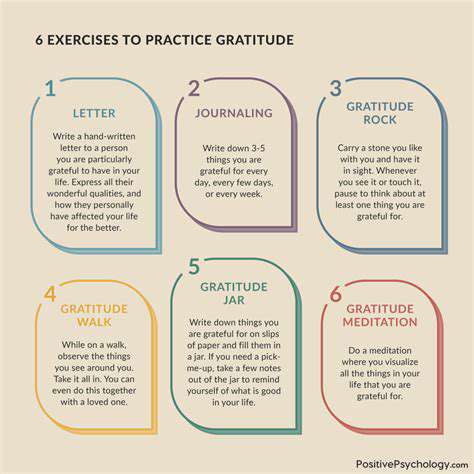Best Strategies for Better Sleep Hygiene
Managing Stress and Promoting Relaxation
Understanding Stress and its Impact on Sleep
Stress, a common experience in modern life, significantly impacts our ability to achieve restful sleep. Chronic stress can lead to a cascade of physiological responses, including elevated cortisol levels, increased heart rate, and muscle tension. These physiological changes make it difficult to fall asleep and stay asleep, disrupting the natural sleep-wake cycle and leading to a compromised sleep quality. Understanding the connection between stress and sleep is crucial for developing effective strategies to improve sleep hygiene.
Recognizing the specific stressors in your life, whether they're work-related, relationship-based, or financial, is a vital first step. Identifying these triggers allows you to develop targeted coping mechanisms and reduce the negative impact they have on your overall well-being, and subsequently, your sleep.
Effective Stress Management Techniques
Fortunately, numerous stress management techniques can help mitigate the negative effects of stress on sleep. These techniques range from simple relaxation exercises to more structured approaches. Deep breathing exercises, for example, can help calm the nervous system by slowing down the heart rate and promoting a sense of calm. Progressive muscle relaxation involves systematically tensing and relaxing different muscle groups, releasing physical tension and promoting relaxation throughout the body. Mindfulness meditation cultivates present moment awareness, reducing overthinking and anxiety, which can be major contributors to sleeplessness.
Practicing mindfulness can have a profound impact on managing stress and improving sleep quality. By focusing on the present moment without judgment, you can reduce the rumination and worry that often keep you awake at night. Consistent mindfulness practice can help you develop a greater sense of emotional regulation, allowing you to respond to stressful situations more effectively and promote better sleep.
Creating a Relaxing Bedtime Routine
Establishing a relaxing bedtime routine is essential for signaling to your body that it's time to wind down and prepare for sleep. This routine could involve taking a warm bath, reading a book, listening to calming music, or practicing gentle yoga. Creating a consistent sleep schedule, even on weekends, helps regulate your body's natural sleep-wake cycle, making it easier to fall asleep and wake up feeling refreshed.
Creating a relaxing environment in your bedroom is also important. Make sure the room is dark, quiet, and cool. Consider using blackout curtains, earplugs, or a white noise machine to block out disruptive noises and light. A comfortable mattress and pillows are crucial for a good night's sleep. By creating a conducive environment for sleep, you're setting yourself up for success in achieving better sleep hygiene.
Mindfulness and Cognitive Techniques for Stress Reduction
Mindfulness techniques, like focusing on your breath or noticing sensations in your body, can help you detach from stressful thoughts and feelings. Cognitive techniques, such as reframing negative thoughts into more positive or realistic perspectives, can also play a crucial role in managing stress and promoting relaxation. These techniques can help you recognize and challenge negative thought patterns that contribute to stress and anxiety, ultimately improving your sleep quality.
Journaling can be a valuable tool for processing emotions and identifying patterns of stress. Writing down your thoughts and feelings can help you gain perspective, reduce mental clutter, and promote emotional regulation. This process can lead to a calmer mind and a more restful night's sleep.
The Importance of Physical Activity and Diet
Regular physical activity can significantly reduce stress and improve sleep. Exercise releases endorphins, which have mood-boosting effects and promote relaxation. However, it's important to avoid strenuous exercise too close to bedtime, as this can energize you and make it harder to fall asleep. Maintaining a healthy diet is also crucial. Avoid consuming caffeine and alcohol close to bedtime, as these substances can interfere with sleep quality. A balanced diet rich in fruits, vegetables, and whole grains can contribute to overall well-being and promote better sleep.
Prioritizing a healthy diet and regular exercise, in conjunction with stress management techniques, can significantly enhance your sleep hygiene and overall well-being. By addressing both physical and mental aspects, you'll be more likely to achieve a restful and restorative night's sleep.
Read more about Best Strategies for Better Sleep Hygiene
Hot Recommendations
-
*Guide to Managing Gout Through Diet
-
*Best Habits for Financial Well being
-
*How to Build a Routine for Better Mental Health
-
*How to Eat Healthy on a Budget [Tips & Meal Ideas]
-
*Guide to Practicing Self Acceptance
-
*How to Incorporate More Movement Into Your Day
-
*Guide to Managing Chronic Pain Naturally
-
*Guide to Building a Reading Habit for Well being
-
*Top 5 Weight Loss Supplements That Actually Work
-
*Best Exercises for Postpartum Recovery [Beyond Abdominal Work]





![How to Choose Sustainable Seafood [A Guide]](/static/images/26/2025-05/ExploringSeafoodChoices3ASpeciesandRegionalConsiderations.jpg)
![Guide to Heart Health for Women [Unique Risks & Prevention]](/static/images/26/2025-05/BeyondtheBasics3AAddressingSpecificConcerns.jpg)



